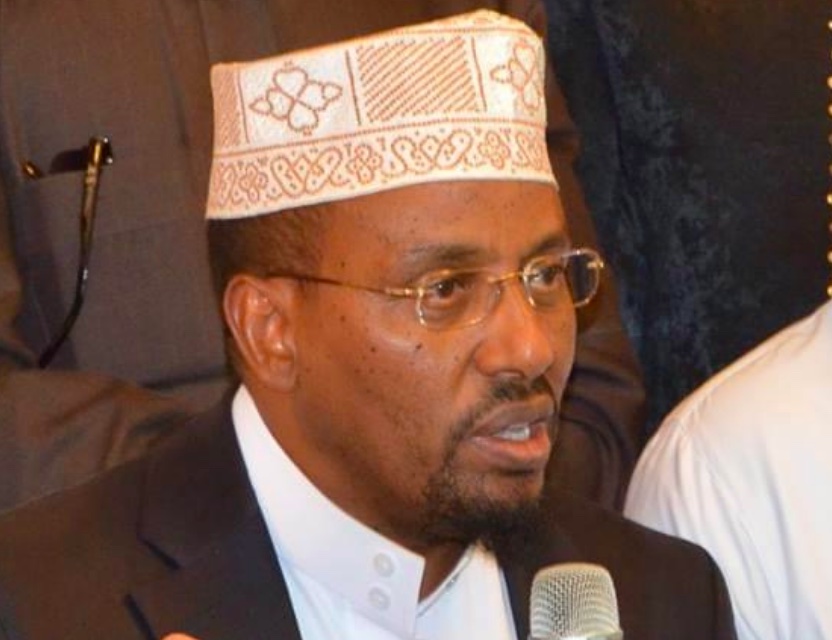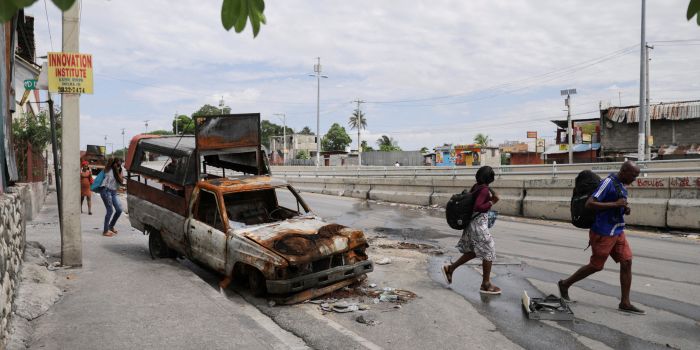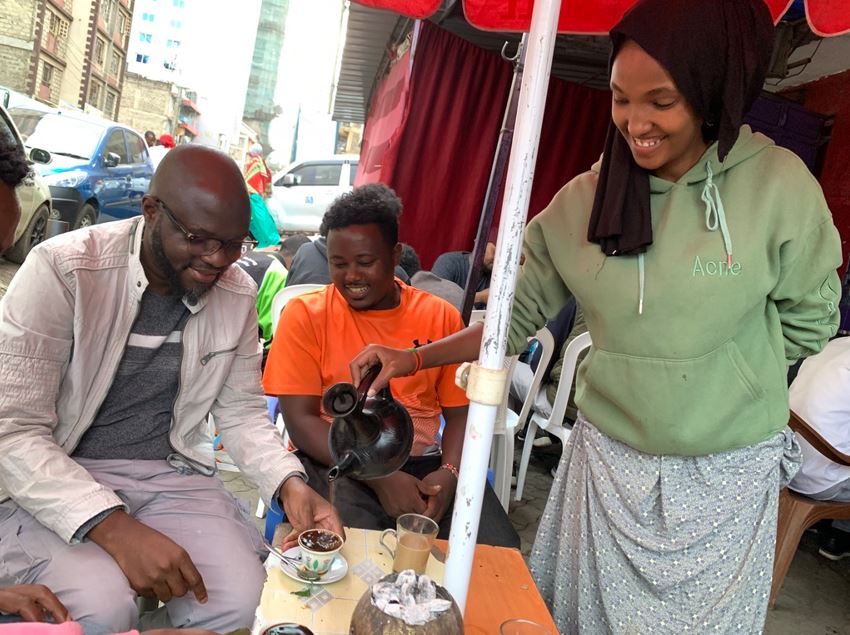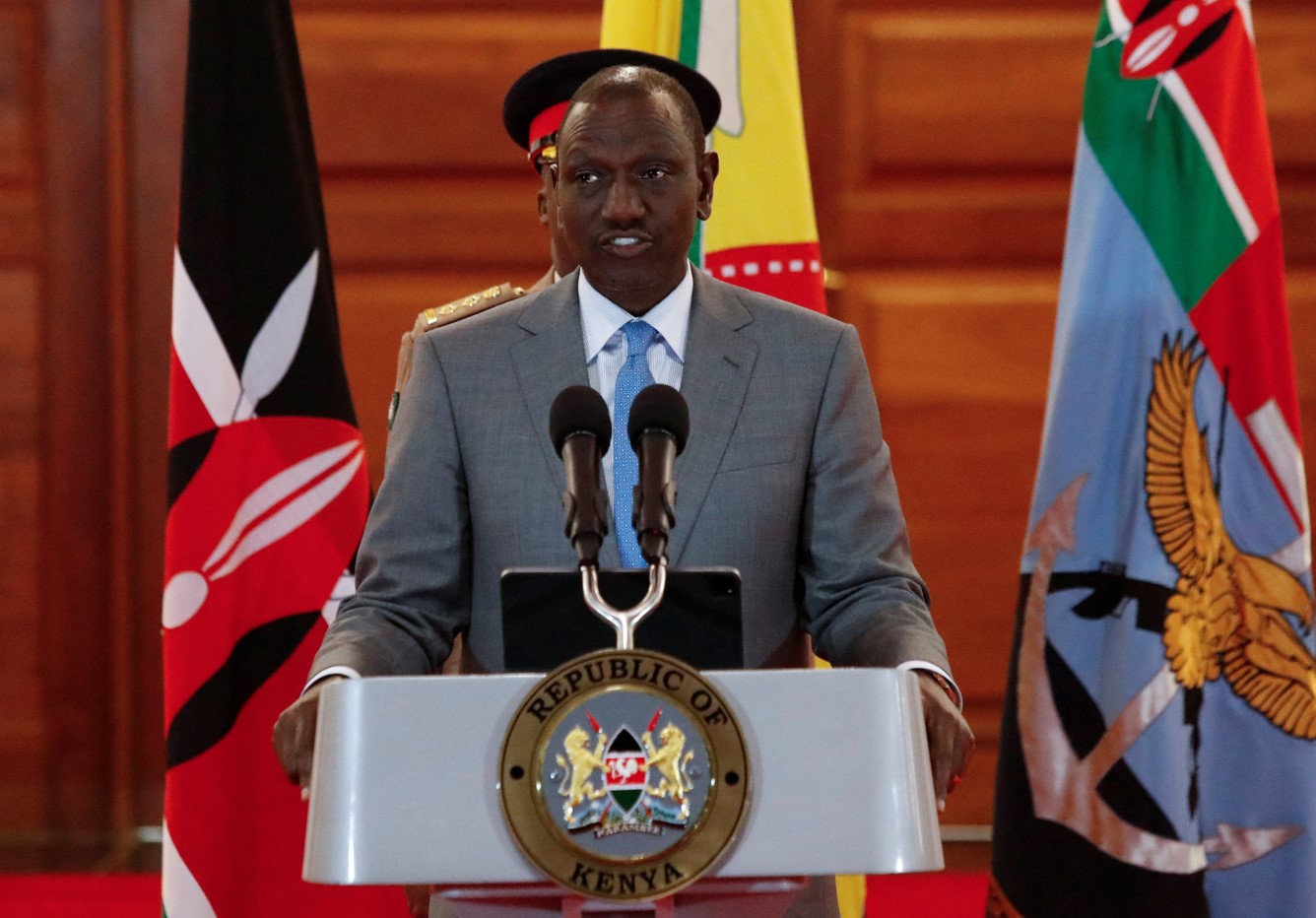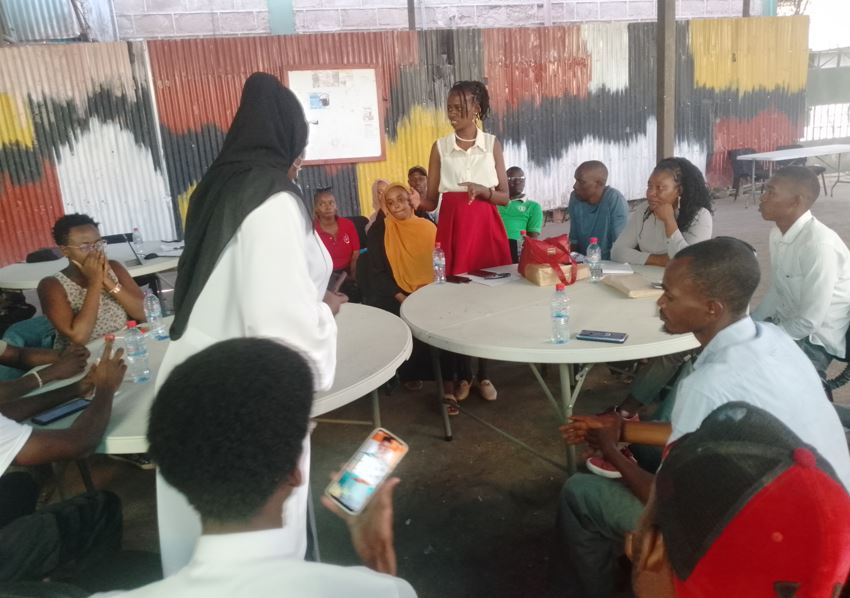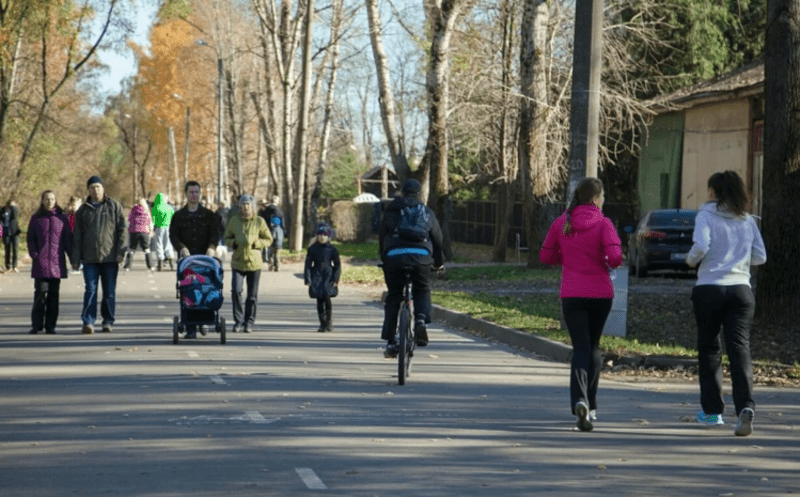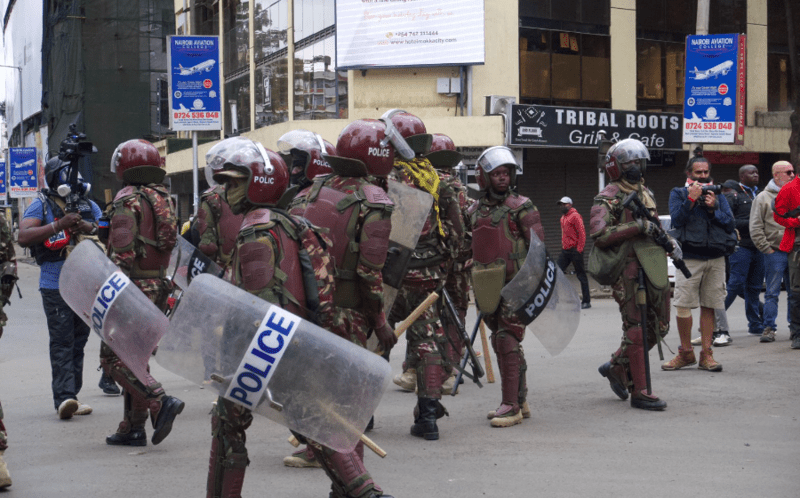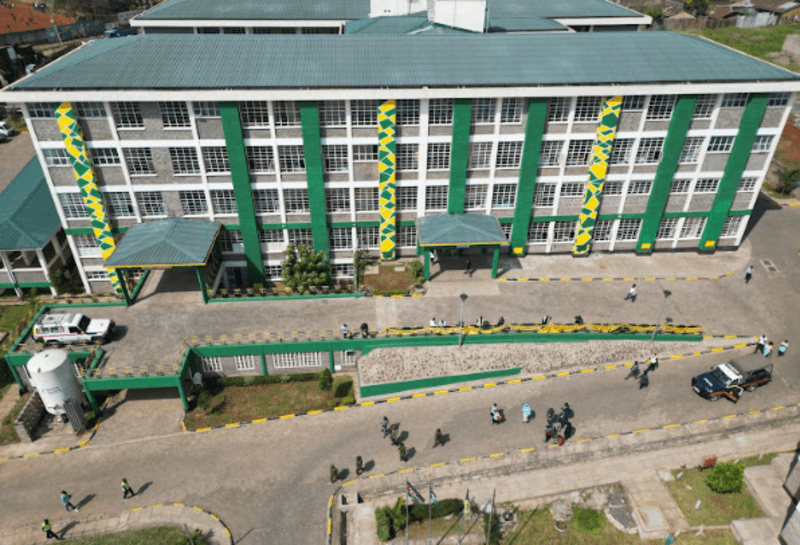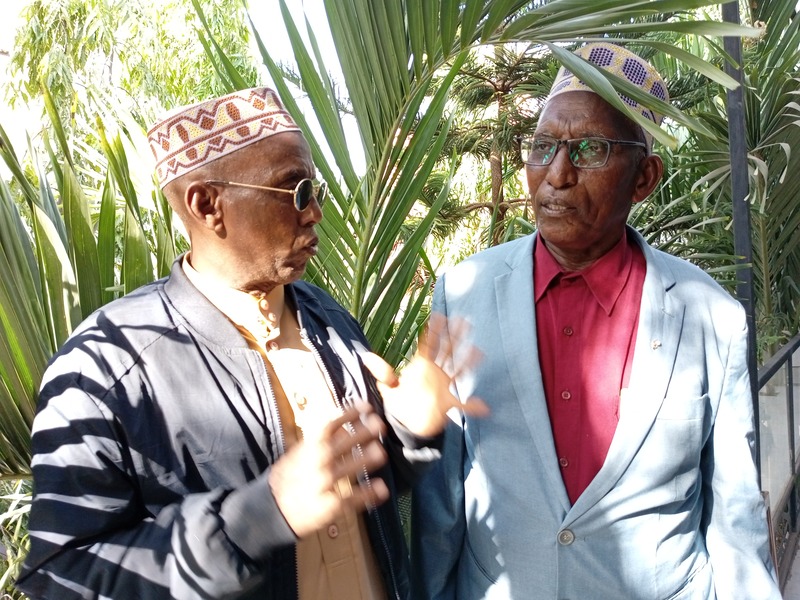Clerics, stakeholders want coast counties to adopt Kwale's punitive muguka levies
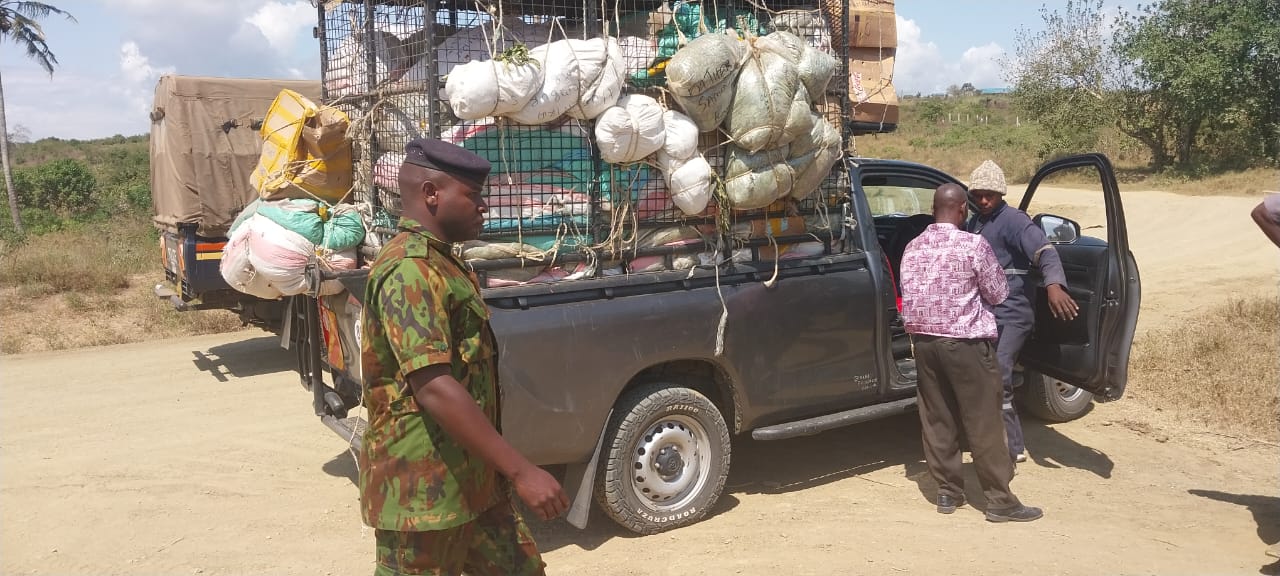
By Mishi Gongo |
Anna Mwanzia, a muguka trader, said the outrageous taxes had forced most of them to close shops and venture into other businesses.
While Mombasa, Kilifi, and Taita Taveta counties imposed a total ban on muguka products, which President William Ruto eventually nullified, Kwale County took a high tax approach to regulate the use of the stimulant.
Through the County Finance Act enacted last week, a lorry ferrying muguka will be charged Sh50,000, up from Sh10,000, while a truck with the capacity to transport 15 tonnes will be charged Sh300,000.
Keep reading
Traders transporting muguka on motorcycles will pay Sh30,000 up from Sh3,000, while those using sacks will pay Sh20,000 up from Sh2,500.
Traders using basins and buckets will pay Sh 10,000 up from Sh 2,500, while tuk tuks will pay Sh 40,000.
The move seems to be yielding positive results in the region, as a spot check by the Eastleigh Voice found most of the muguka bases in the region deserted.
Along the Kona Musa Market, the muguka stalls remain shut.
Muguka clamour
The stance taken by Kwale County, led by Governor Fatuma Achani, has created ripple effects across the Coast region and nationwide.
Muslim clerics now want other counties to adopt the high tax strategy to curb the stimulant, which is prevalent among youths and children at the coast.
Chair Kwale Muslim Development Initiative Sheikh Mwakidudu Sauti, who had earlier faulted the increase in cess fees, said it is helping to reduce the consumption of muguka in the region.
"Legally, the crop cannot be banned, but we can work together and introduce measures that will make it impossible for the traders to operate the business," Sheikh Mwakidudu explained.
Muguka, like miraa, cannot be banned, as they are scheduled crops under crops with no breeding programme, according to the Crops Act 2013.
However, coastal leaders and clerics, including Sheikh Mwakidudu, have constantly argued that it should be classified as a drug or banned substance.
The cleric emphasised that the muguka debate should be further treated as an emergency case.
"If we want to save our youths on time, then we need to make the muguka issue a top priority issue," he said.
Other stakeholders
Stakeholders in the environment sector added that since the introduction of the taxes, the towns in the region are cleaner compared to when they were littered with muguka leaves and chewing gum wrapping papers.
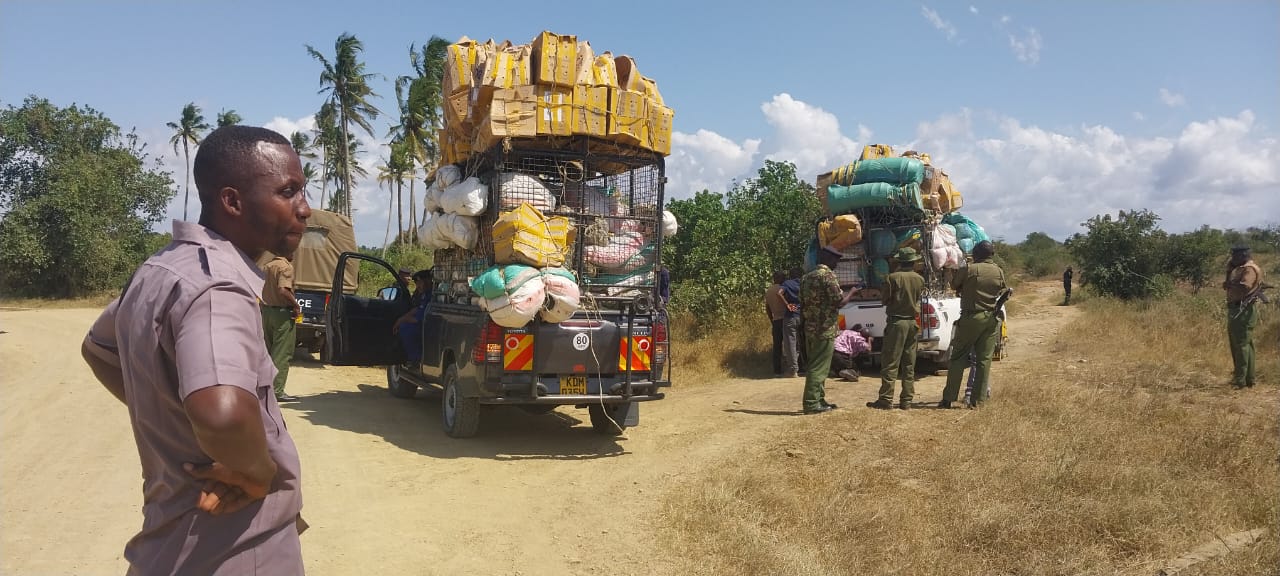 Police inspect pickups impounded at Kinango after they were caught trying to sneak muguka into Kwale County in June 2024. (Photo: Mishi Gongo)
Police inspect pickups impounded at Kinango after they were caught trying to sneak muguka into Kwale County in June 2024. (Photo: Mishi Gongo)
The National Environmental Management Authority's (NEMA) outgoing director, Geoffrey Wafula, applauded the county, saying the move has helped in making the county clean.
"We no longer see the brown paper, plastic bags, and chewing gum scattered everywhere. This is good for the environment," he said.
Clampdown on muguka traders
Yesterday, Kwale director of communication Nicky Gitonga said the county had already issued a notice to muguka traders who had not renewed their licences.
He said that by July 10, any trader operating without proper licences will be arrested and charged.
"We want all traders to have legal documentation. Those who cannot afford the new charges should shut down their businesses," he warned.
He further stated that the county was working with enforcing officers to ensure that the crop was not sneaked into the county but passed through cess points.
"Last week, we impounded two pickups in Kinango and some motorbikes trying to use panyaroutes (illegal routes) to smuggle muguka into the county. We want to assure the culprits that our teams are awake and will not permit any illegal entrance," he insisted.
Gitonga said all the measures are set to ensure that minors have no access to the stimulant.
Effect on traders
Anna Mwanzia, a muguka trader, said the outrageous taxes had forced most of them to close shops and venture into other businesses.
The trader explained that their business targets low-income earners; hence, hiking the prices will only lead to a loss of customers.
"We have not hiked prices because we know hiking the price means losing customers. You cannot ask someone to pay Sh 100 or Sh 150 for a small pack of muguka," she complained.
Adding to that, those who hiked prices have been incurring losses as their customers have shifted to traders who have maintained the prices.
"The leaves cannot survive for long. They spoil quickly, so if no one comes to buy them within two days, we have to throw the leaves away," she explained.
 Kwale Governor Fatuma Achani, addresses residents during Madaraka Day celebrations at Sobibor Mackinnon Road on June 1, 2024.
Kwale Governor Fatuma Achani, addresses residents during Madaraka Day celebrations at Sobibor Mackinnon Road on June 1, 2024.




